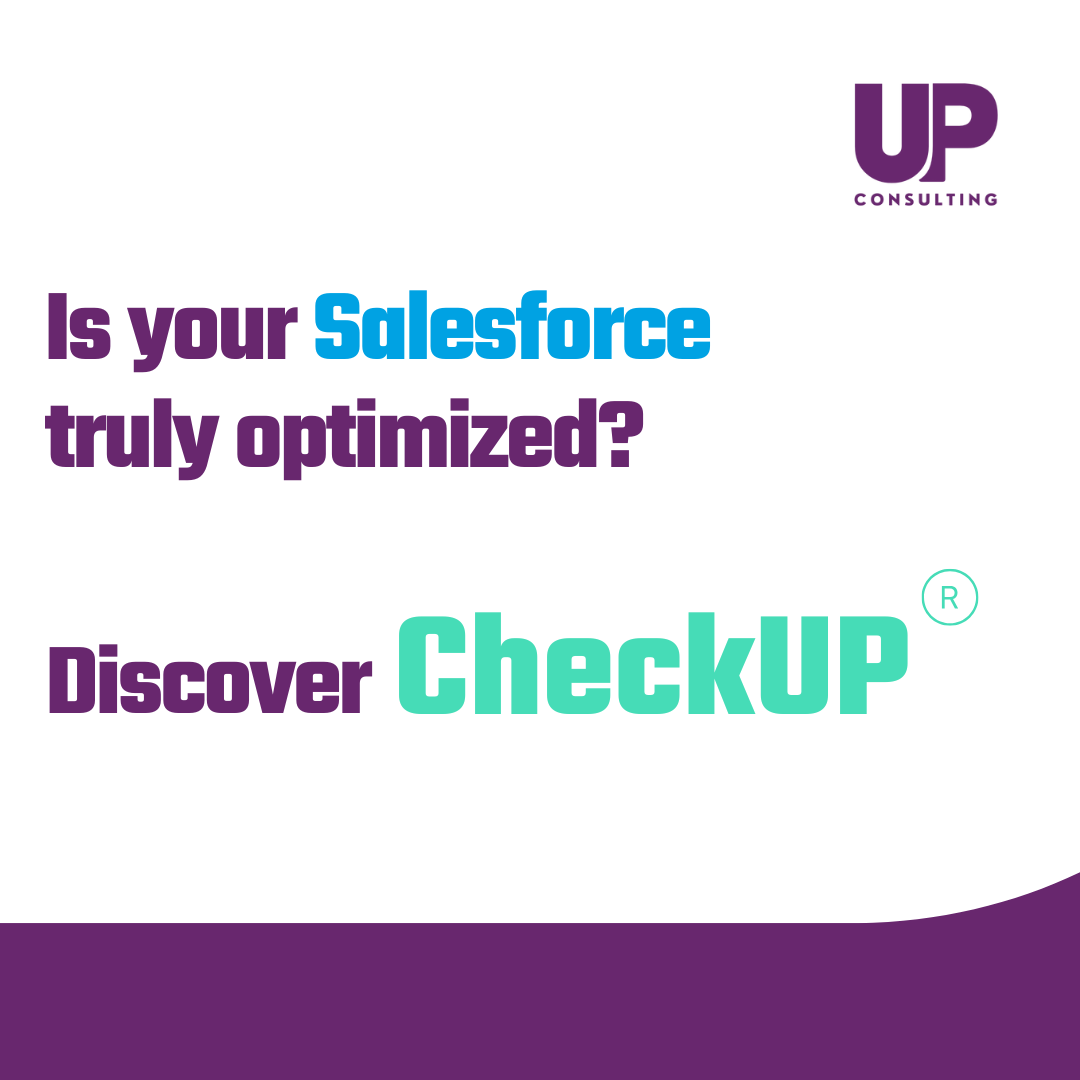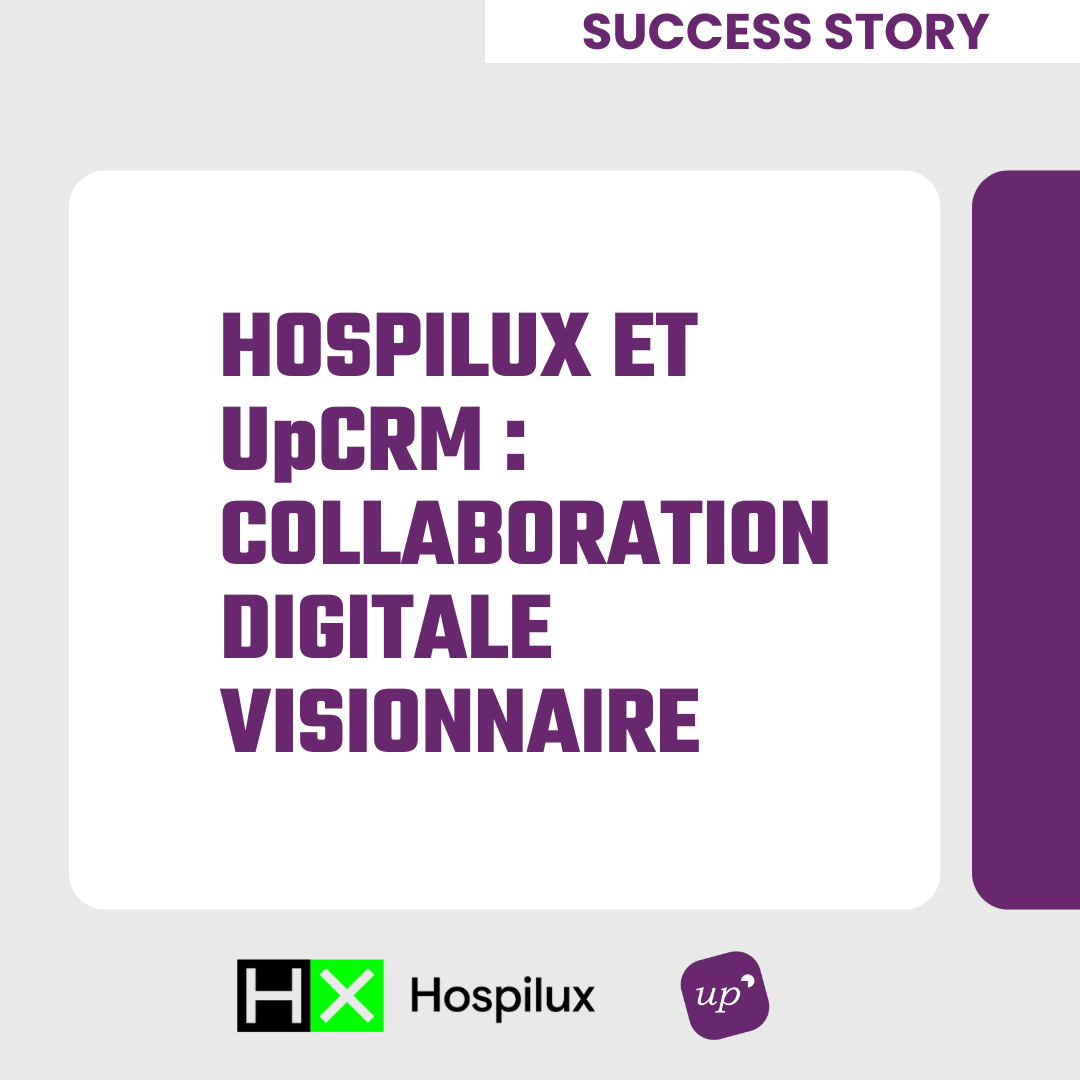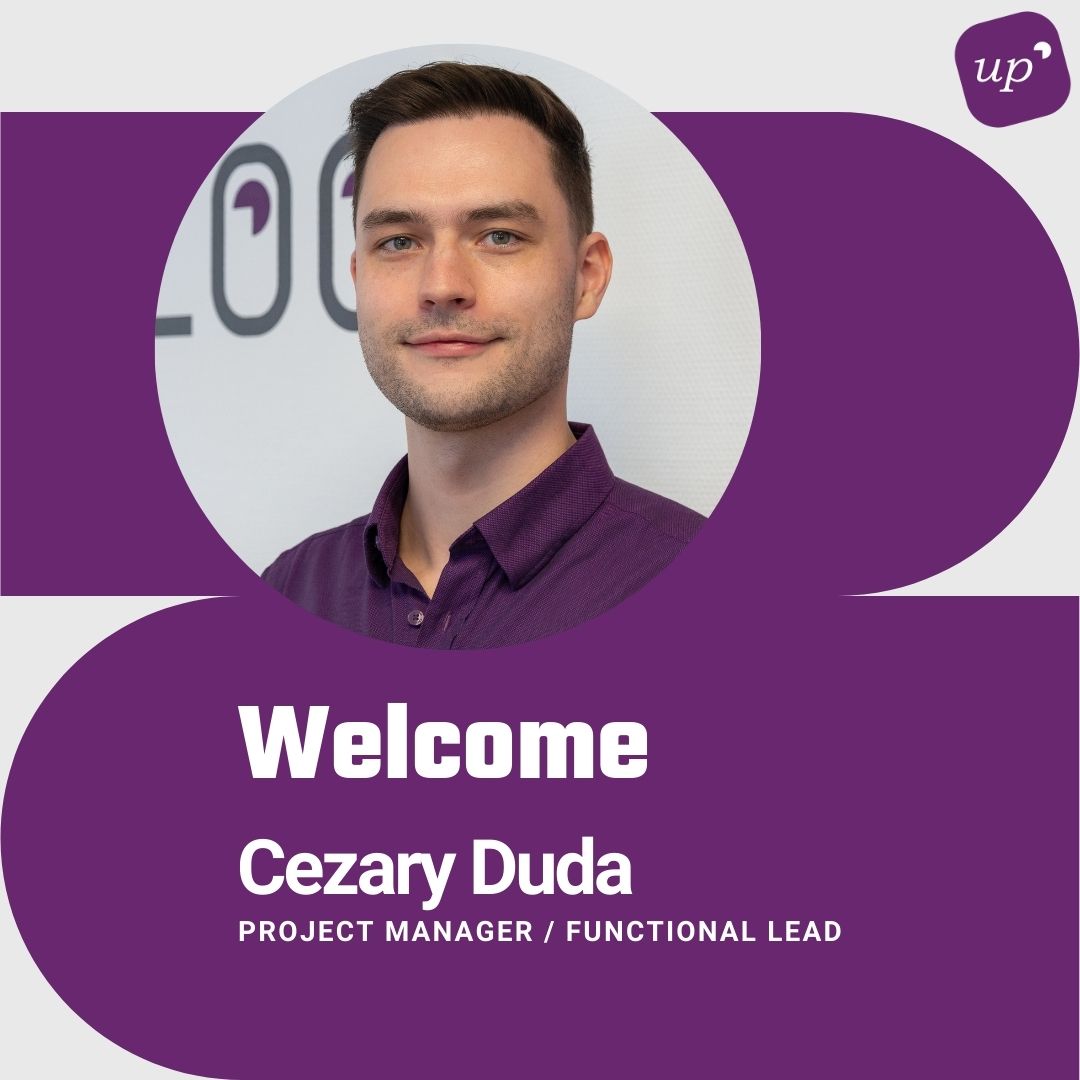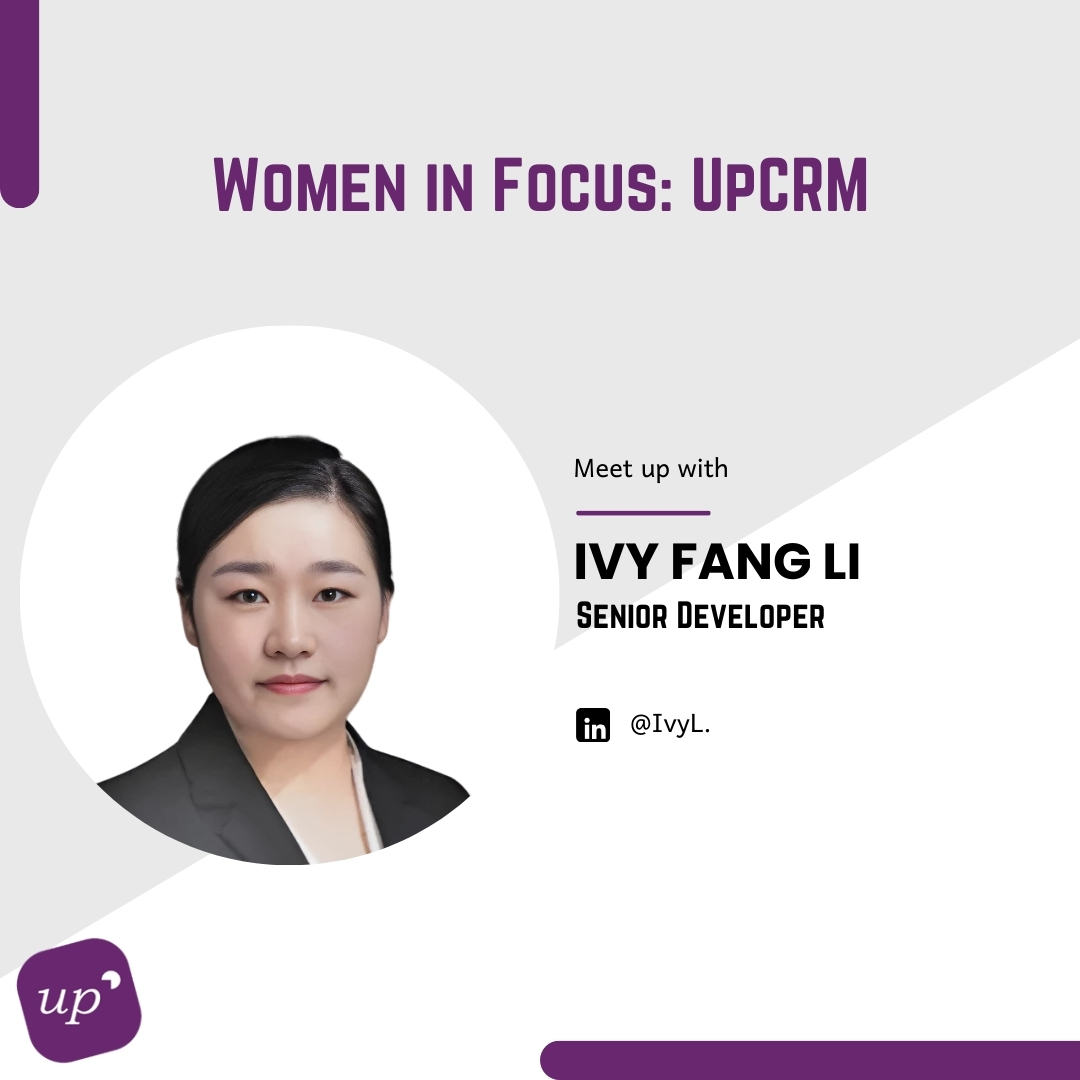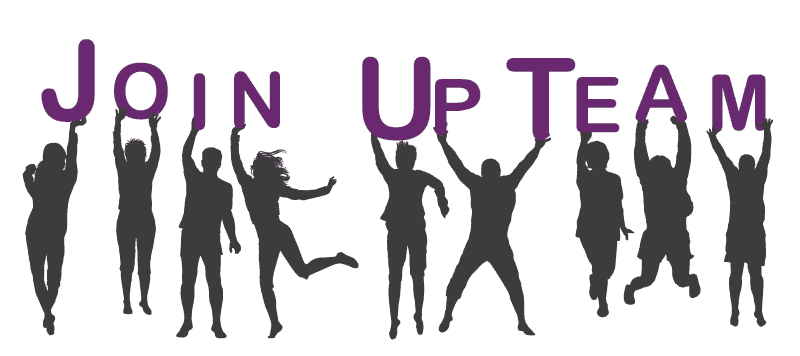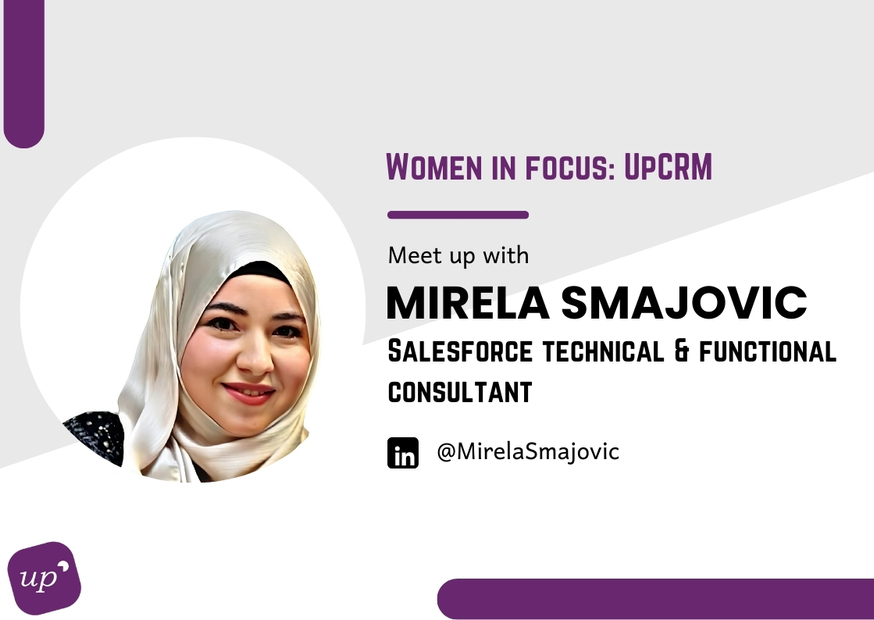
In the “Women in focus: UpCRM” series, 6 women were interviewed to answer some questions about working in data and crm consulting in the UpCRM environment. Mirela Smajovic, Salesforce technical & functional Consultant at UpCRM, is the first one to share her viewpoint with us.
Hi Mirela, can you introduce yourself in a few words?
My name is Mirela Smajovic, I am 30 years old. I was born and raised in the Paris region, where I studied engineering in materials and nanotechnology for five years. I was originally supposed to be a chemist, but destiny had a different plan. At the end of my studies, I added a CRM (Customer Relationship Management), module to my University degree, which today allows me to work as a CRM technical and functional consultant. After having worked in Paris for almost three years, I left my beloved metropolis to move to my haven of peace in Luxembourg, two and a half years ago.
How did you join UpCRM?
I joined UpCRM thanks to a colleague, who was a CEO in Paris. We were working on the same project at the time, and I told him that I would have liked to work on Salesforce in Luxembourg. He quickly put me in touch with UpCRM and my profile matched with what Up was looking for. After many interviews, a new adventure began for me in Luxembourg with UpCRM.
As a Salesforce technical and functional consultant, can you explain to us, in a few words, what is your job about?
A CRM is a program that allows different structures – companies, associations, hospitals, schools, … – to manage their current or potential customers, patients, donors, members, … by gathering all information digitally.
As a Salesforce technical and functional consultant, otherwise known as a “software engineer”, my job is to guide our customers in the implementation of their CRM. Together, we define their requirements – i.e. for what they need to use their CRM –. Then, I think about a solution in order to adapt the Salesforce CRM to our customer’s needs. And I participate in the technical realization of the project.
As a technical consultant, I look for the best solutions to meet my client’s needs. I debug possible anomalies in production, I participate in the deployment of the CRM, or new features of the CRM.
To better understand your job, can you tell us about one of the CRM projects you have been involved in?
I have been involved in many projects, each one is different and all are interesting. I will try to give you some examples so that you can better understand what a CRM consultant is.
One of the CRM projects I participated in was a project in the energy domain. The goal was to develop a CRM so that the company in question could manage all the customers it has but also its prospects. The CRM had to bring together customer’s informations, the types of contracts that each customer had, etc. The CRM also had to be able to generate new subscription contracts, to be able to make amendments – for example a new contract of electricity, gas, … –, to send the contract to be signed, to schedule a technical installation by communicating with the technicians, etc. All these steps had to be done automatically by the CRM. My role was to help to implement new functions in this CRM.
One of the other projects in which I participated, was the establishment of a CRM for a non-profit organization. The CRM had to bring all the donors, collect on each donor’s record, the donations they made, their information, generate annual donation certificates. The CRM also had to be able to create reports, create donation campaigns, send mass emails to donors in order to keep them informed. My role was to adapt the Salesforce software to the needs of the association.
Each project is really unique – a bank needs a CRM, an insurance company needs a CRM, all companies that have customers need a CRM, a restaurant may need a CRM, a school, a municipality, a museum, a place of cult, retirement homes, a medical practice. The principle is similar but each one will have different needs. My goal is to understand these needs and to adapt the software based on them.
What’s your opinion concerning the importance of CRM in companies today?
A CRM allows companies to become more competitive, by helping them to better manage their business in order to make more sales, and associations to manage donations received, donation campaigns, donors etc. There are many possible applications for CRMs. Almost any structure can use a CRM.
I think that a CRM is an essential tool that allows companies to manage their business more efficiently. CRMs are developing so fast, that any company that does not have one will be at a disadvantage compared to others, that will be ahead of the game and more efficient in making sales. Whatever the domain, today we can no longer afford to work with excel sheets, or even worse, information on paper documents. We have to evolve with the times and get into the digital age.
Check the other articles of the series. You can already find out the words of Léa, Houda, Laetitia, Darshini and Ivy
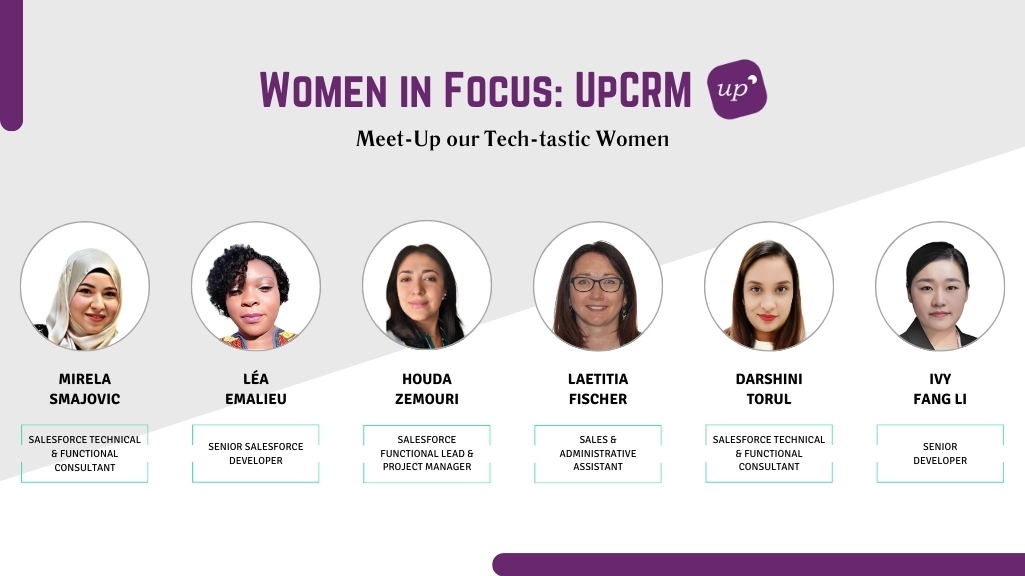
To find out more about about Up CRM’s solutions : Salesforce

